ANZ under fire for loans to controversial Cambodian sugar plantation
- Canberra Times
- 23 January 2014
ANZ is financing a Cambodian sugar plantation that has involved child labour, military-backed land grabs, forced evictions and food shortages.
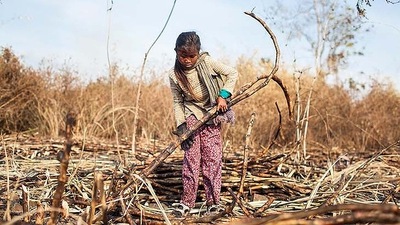
ANZ is financing a Cambodian sugar plantation that has involved child labour, military-backed land grabs, forced evictions and food shortages.

A citizen video shows a rare confrontation between authorities and villagers in Bokeo Province, Northern Laos, where villagers gathered to block construction workers from digging up their rice fields for a Chinese investor.
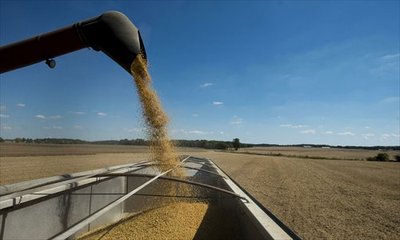
Chinese entrepreneurs are going global ahead of officials. Countries with developed agriculture such as the US, Australia, Chile and Argentina have become their prime destinations.
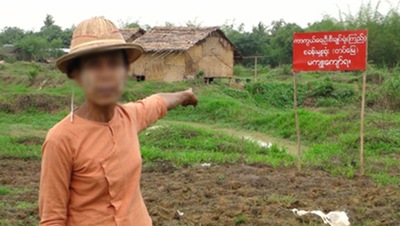
“We’ve found that they [the government] does not want to give back land to the people because they know the land has a lot of value and will be good to sell in the future.”
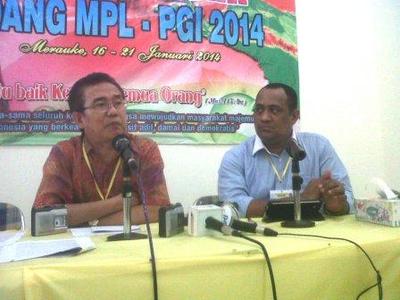
The Communion of Churches in Indonesia has asked the Indonesian Government to call a halt to the Merauke Integrated Food and Energy Estate project, because it will mean the indigenous Marind people’s local wisdom will be lost.
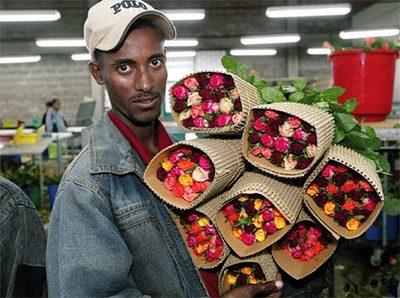
In order to meet the increasing flow of investment in the horticulture sector, the government has identified five corridors consisting of 50,000 hectares of land.
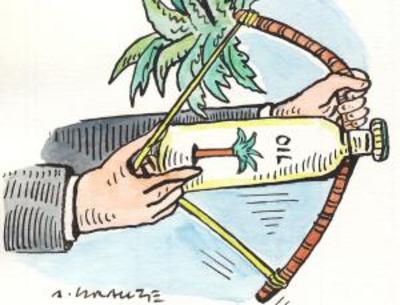
Oil palm cultivation has wrecked habitats in South-East Asia. We must avoid a rerun if the crop takes off in its native Africa
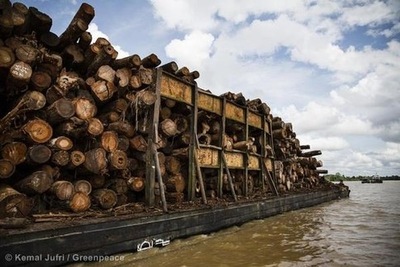
Communities face a “double whammy” in which High Carbon Stock areas restrict locals from cultivating the land while companies establish plantations outside of the zone where people are already farming.

Millions of hectares of land in Africa, Asia and Latin America find their way into the hands of large-scale foreign investors each year. The victims of "land grabbing" are local villagers and farmers.
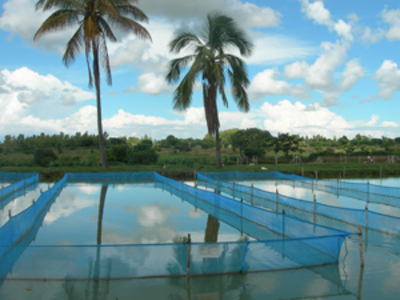
Zambia has granted 250 hectares of land to Bangladeshi investors who will invest more than US$1 million in the development of agriculture in Mwansabombwe District in Luapula Province.
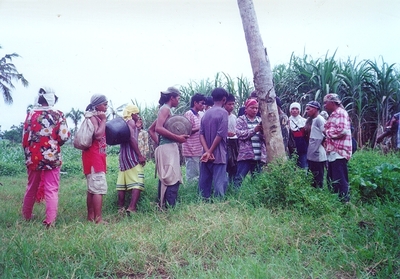
Countries able to hurdle social and political tensions from land issues progress faster than those hobbled by inequitable land distribution, say activists..
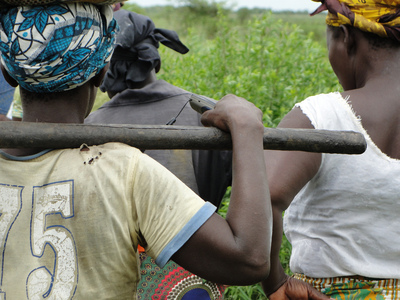
Through detailed analysis of ProSavana documents and field research, Sayaka Funada-Classen deals with the evolution of the philosophy and speeches about the programme; the positions of the three governments involved; the possible incoherence and incompatibilities of implementing ProSavana.